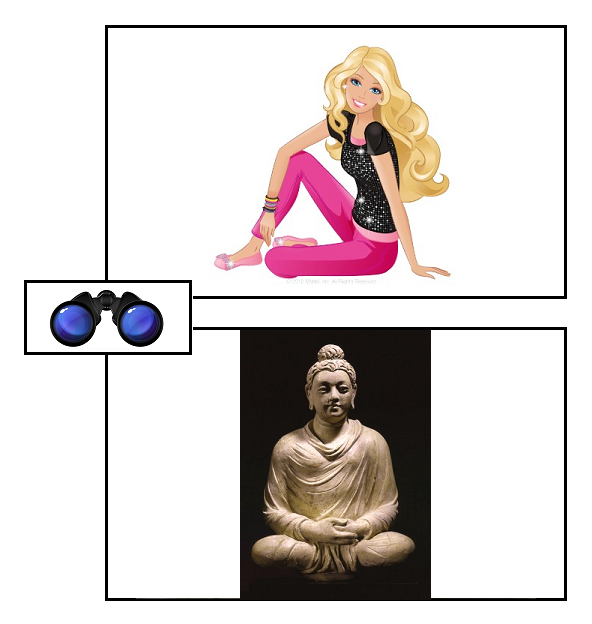Mosquitoes of the mind
Saturday, October 22nd, 2016[ by Charles Cameron — or should that be Uber über alles?]
.
Forget billboards — motorists now have ads buzzing a few feet above their windshields — MIT Technology Review
**
There is an endless variety of possible starting points for a critique of oneself and the world. One might start from:
the message in a fortune cookie whatever one’s parents imparted whatever one rejected of what they imparted Israel from the Nile to the Euphrates a return to the Green Line Palestine from the river to the sea the sweet humility of the Magnificat the fierce doctrine of Original Sin the Cloud of Unknowing the uncontaminated Unity of Godhead the Buddha’s Noble Truth of suffering the shining suchness of the Tathagata something Karl Marx said, or Darwin a tall tale from Chuang-Tzu Lao Tzu’s unspeakable truth, unmappable path.. or the way someone reacted when one trod on their foot in the subway
Myself, I tend to go from either:
the Bene Gesserit adage, Fear is the mind-killer or its obverse in Patanjali’s Yoga Sutras, Yoga is the cessation of waves in the mind.
**
Which brings me to advertising.
Yoga is the cessation of waves in the mind.
Advertising is the paid attempt to capture my attention regardless of my wishes in the matter.
In terms of the Yoga Sutras‘s goal of an unruffled mind, advertising attempts to stir up trouble — not in Syria or Afghanistan, or even in my kitchen, but within my consciousness.
And I’m not alone in detesting this invasive behavior. “Nearly 90% of people watching timeshifted shows fast-forward the ads,” the Guardian reported in a piece titled TV advertising skipped by 86% of viewers, and while Victoria may have a secret ingredient which makes her ads memorable — I’m referring here, of course, to a recent Nobel Prizewinner — most ads are simply irritants.
The benefit of advertising, to those whom it speaks, is that it acts as a road-sign to what we may want. It’s adverse effect is to clutter up our lives with road-signs to irrelevant and possibly offensive destinations. Apples don’t need little stickers on them proclaiming “apples by the Creator” but a discreet mention of “All purpose disinfecting cleaner by Bright Green” was quite helpful to me the other day, as I was wandering the aisles of Safeway in search of a brand they no longer carry..
And yes. Advertising drives sales drives manufacturing drives employment drives a roof over the head for many who might otherwise find themselves in the rain. Granted.
**
But here come the mosquitoes.
The image at the head of this post comes from an article titled Uber’s Ad-Toting Drones Are Heckling Drivers Stuck in Traffic.
The unfortunate drivers in traffic jams in Mexico City are close to ground zero of an epidemic; Beelzebub, remember, is Lord of the Flies.






